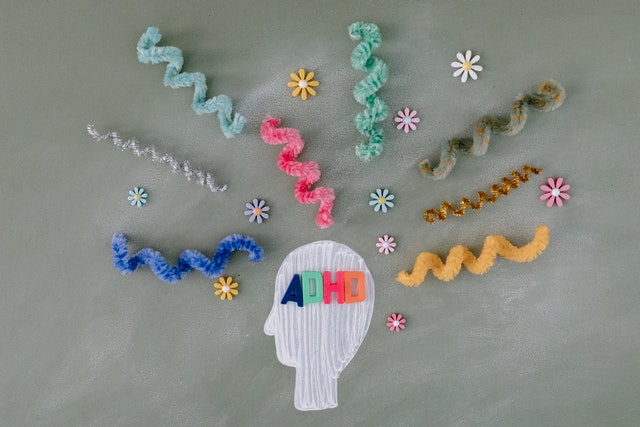Congratulations!
Your young adult is now a college graduate. It’s been a long time coming.
However, they have had lots of struggles just getting through school and even reaching college due to executive functioning problems. And now they’re faced with a new challenge.
Often, young adults who have executive functioning issues also have difficulty with stepping out into the adult world. And this “failure to launch” phenomenon can make it difficult for your graduate to navigate their new environment.
As a supportive parent, it’s helpful for both you and them to know the common difficulties young adults with executive functioning problems face.
This way they can get the support they need to be successful.
Not Knowing the Next Step
The nice thing about college, and school in general, is that it provides structure. You wake up, you go to class, you do the assignments, etc.
However, now that your child has graduated from college it’s all on them to decide what to do next. Often young adults who have difficulties with executive functioning don’t know what they would like to do for work. Or maybe they have some idea but are unsure of the steps they need to take to get there.
Hence, before they even get to their graduation dates, it’s helpful to sit down with them and develop a plan for after college.
Keeping Life Organized
Another one of the common executive functioning problems is a lack of organizational skills. Young adults with this issue will need to learn how to pay their bills and remember important appointments.
Some of that groundwork can start in college by teaching habits such as maintaining a calendar and using to-do lists. However, it’s important to continue working on those skills after college too.
Forgetting or Misplacing Things
Along with general life organization comes the forgetfulness that occurs every day for those with executive functioning problems. For example, misplacing common objects that they need every day, such as their glasses or the keys to the apartment.
As a young college graduate, it can be frustrating to lose things all the time. Your child may even get down on themselves because of it. One thing that can help is learning a new routine.
Moreover, as they move into their own place, they need to learn consistent habits to ensure they don’t forget things. For instance, putting their keys in the same dish next to the door when they first come home.
Getting a Job and Keeping It
Your young adult may be a whiz at their academic field. However, applying for a job and keeping it can be an obstacle which contributes to their failure to launch. There’s completing a resume, filling out a job application—and don’t forget the interview!
Additionally, once employed, it can be hard for people with executive functioning problems to keep it. It may take longer for them to understand their job requirements and the culture at work.
On top of that, there are many organizational skills that are critical for maintaining a job. Things such as keeping your email inbox organized or managing projects can become very difficult.
Handling Interpersonal Relationships
Finally, those with executive functioning issues may struggle when it comes to interpersonal relationships—both personal and work-related.
At work, this could include understanding nonverbal communication or bring assertive enough to contribute to team projects. In their personal lives, it can be hard for these young adults to keep or maintain friendships.
—
It’s important to note that just because your child has executive functioning problems doesn’t mean they are doomed to a failure to launch after college. There are things you and they can do.
For example, consider getting coaching help for hands-on practical issues. Also, therapy can help with making that transition to a new chapter in their life. If you’re interested to learn about my therapeutic approach, please click HERE.




